Why the GOP Congress will be the most unproductive in 164 years
Way to go, guys

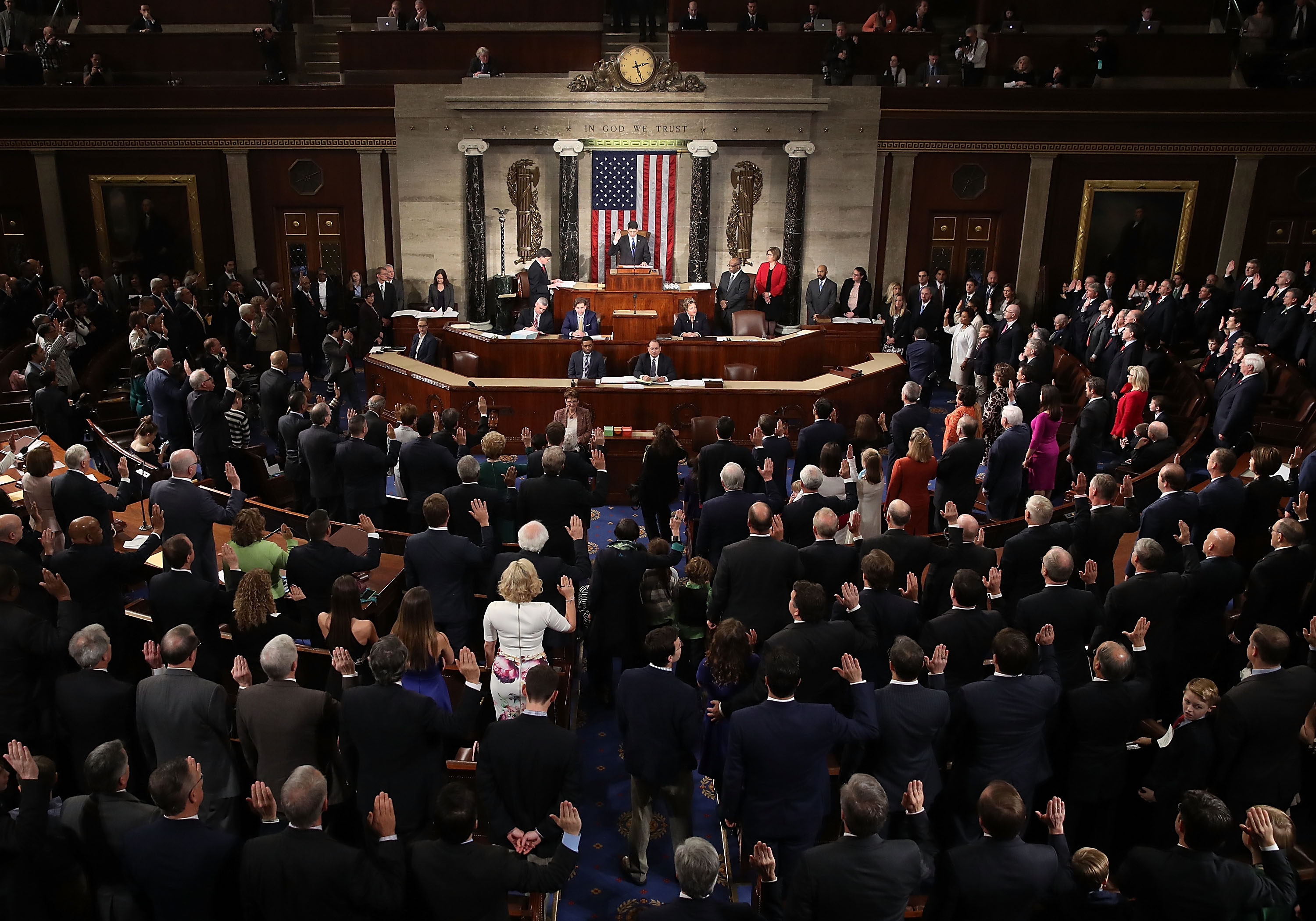
Just six months ago, it looked like the Republican Party was about to go on a legislative blitzkrieg, shredding law after law passed by the Obama administration. ObamaCare would be vaporized and replaced with a nickel rattling inside an empty Mountain Dew can. Dodd-Frank was sure to be tossed aside for a transparent giveaway to Wall Street. And Republicans would pass their regressive tax reform, their perplexing border-adjustment tax, and so much more. The GOP hadn't held total power in American politics since 2006, and the party had become much more conservative in the interim. And instead of George W. Bush, a man who recognized at least some theoretical limits on free market fundamentalism, the new Congress would work with a sub-literate tabula rasa named Donald Trump, a man who could probably be persuaded to inject himself with experimental medication if an important-seeming person whispered "do it" in his ear.
But a funny thing happened on the way to libertarian utopia. Indeed, it turns out that the GOP-controlled Congress can't seem to pass any meaningful laws at all. Either they have forgotten how, or the divisions in their own increasingly radicalized caucus are proving too difficult to surmount. Whatever the explanation, thus far these GOP legislators are on track to be the least productive group since at least the Civil War.
Now, okay, technically the Ryan-McConnell 115th Congress is so far actually a bit more active than recent Congresses, if you measure by the 43 laws that President Trump has adorned with his garish signature. Obama was at 40 at this point in 2009. George W. Bush had signed even fewer midway through 2001. But sheer number is not the best way to think about how much is being achieved. As The Washington Post's Philip Bump pointed out, a majority of the bills signed by Trump thus far have been one page long, meaning many are just symbolic or ceremonial.
The Week
Escape your echo chamber. Get the facts behind the news, plus analysis from multiple perspectives.

Sign up for The Week's Free Newsletters
From our morning news briefing to a weekly Good News Newsletter, get the best of The Week delivered directly to your inbox.
From our morning news briefing to a weekly Good News Newsletter, get the best of The Week delivered directly to your inbox.
Some of this very brief legislation has also been passed under the Congressional Review Act, a previously obscure statute that allows Congress to nullify recently enacted federal regulations. The CRA had been used just once before Trump took office, and yet 14 of the 43 bills signed into law by the president have been CRAs. Most of them roll back Obama-era protections against various kinds of transparent evildoing, like preventing coal mining within 100 feet of streams. They're not meaningless, but the Voting Rights Act they are not.
So what's the holdup on important bills getting to Trump's desk? Both Obama and Bush had passed extraordinarily consequential legislation by this point in their first terms. The Bush tax cuts were signed in June 2001, and the massive stimulus that some economists credit with preventing another Great Depression was inked by Obama in February 2009. This Congress has not yet forwarded any legislation to the president that will significantly alter the trajectory of our politics or economics. Feel free to review the whole list yourself here and argue differently, unless you think the "U.S. Wants To Compete For a World Expo Act" (H.R. 534) is going to be the subject of debate by future historians.
One major problem for the GOP's lack of progress is polarization — just not the kind you're thinking of.
Over the past few years, journalists have given significant attention to the data maintained by political scientists at the University of California Los Angeles, which tracks the ideological makeup of individual members of Congress over time. The most important finding they've uncovered is that over the past 30 years, congressional Republicans have become substantially more ideologically extreme, while congressional Democrats have moved marginally to the left but are not much different as a group than they were in 1980, a process known as "asymmetric polarization." For most of the post-war period, there were Democrats who were more conservative than the most liberal Republican, and vice versa. The last time this happened in the Senate was in the 108th Congress, when soon-to-be-ex-Democrat Zell Miller sat to the right of several liberal Republicans, including Susan Collins, Olympia Snowe, and future party-switching Republicans Lincoln Chafee and Arlen Specter.
A free daily email with the biggest news stories of the day – and the best features from TheWeek.com
The slow decline of this ideological overlap has led inexorably to gridlock and dysfunction when one party controls the presidency and the other leads at least one chamber of Congress. There is is simply less to talk about. It's not like disagreeing about whether to get a Border Collie or a Boston Terrier; it's like if you want a dog and only a dog and nothing but a dog and your partner despises animals of all kinds.
But you would think that this sorting would make for more coherent ideological blocs more capable of making policy when one party controls Congress and the presidency, as Republicans do now. That was surely what Republican voters expected when they woke up triumphant on Nov. 9 last year. But the divide within the Republican Party is proving to be as problematic as polarization between the parties. The ideological distance between the Senate's most liberal member (Maine's Susan Collins) and the most hard-right senator (Utah's Mike Lee) is the same as the chasm between a middle-of-the-pack Democrat like Maryland's Ben Cardin and a conservative like Iowa's Joni Ernst.
If you want to understand how much harder it is going to be for Republicans to get anything done than it was for the Democrats in 2009-2011, your best bet is to look at this intra-Republican distance. When Democrats were toiling away on what was to become the Affordable Care Act, the total distance between the most left-wing elected Democratic senator (Bernie Sanders) and the most right-wing (Nebraska's Ben Nelson) was barely half the size of the canyon between Susan Collins and Mike Lee. Think about that for a second.
And it's not like Collins is alone. She's part of a cluster of three GOP senators, along with Lisa Murkowski and Shelly Moore Capito, who are much more liberal than the rest of the caucus. (By the way, it is not a coincidence that the GOP's three most reasonable senators are women). Moreover, Mike Lee is part of a bloc of five far-right radicals — along with Jeff Flake, Rand Paul, Ben Sasse, and Ted Cruz — who are all substantially more conservative than anyone in the Senate during Barack Obama's first two years in office. In a sane political system, there is a zero percent chance that Mike Lee and Susan Collins would be members of the same political party.
To make matters worse, Republicans control only 52 seats in the Senate and as of yet seem unwilling to nuke the legislative filibuster (something they could do at any time by changing the rules of the Senate). Republicans no longer have conservative Democrats to lean on to get to 60 votes when their own most liberal members are beyond reach, because GOP behavior during the Obama years taught Democrats the electoral value of party unity. That means that even some very conservative pieces of legislation that have already passed the House, including the Financial CHOICE Act (H.R. 10), which guts Dodd-Frank, stand very little chance of becoming law. House leaders, including Speaker Ryan, either aren't particularly interested in crafting bills that could actually get through the Senate or they have given up trying to forge the necessary compromises.
Or they are delusional.
The result, regardless, is that this Congress is going to be historically unproductive. How can I be so sure of this? One measure of what Congress is likely to do the rest of the year is to look at bills that have already passed the House but are awaiting action in the Senate. There are 238 of them. Amazingly, GovTrack gives only 13 a better than 50 percent chance of actually arriving on President Trump's desk in their current form. If that holds up, Trump will have signed just 56 laws by the beginning of the 2018 congressional session. If this tortoise-like pace continues, he will preside over the least productive Congress since Millard Fillmore signed just 74 bills sent to him by the brink-of-war 32nd Congress between 1851 and 1853.
Maybe that will change. But if it doesn't, the Republican Party's problems are far bigger than Trump — and will probably get worse before they get better.
David Faris is a professor of political science at Roosevelt University and the author of "It's Time to Fight Dirty: How Democrats Can Build a Lasting Majority in American Politics." He's a frequent contributor to Newsweek and Slate, and his work has appeared in The Washington Post, The New Republic and The Nation, among others.
-
 The ‘eclipse of the century’ is coming in 2027
The ‘eclipse of the century’ is coming in 2027Under the radar It will last for over 6 minutes
-
 Striking homes with indoor pools
Striking homes with indoor poolsFeature Featuring a Queen Anne mansion near Chicago and mid-century modern masterpiece in Washington
-
 Why are federal and local authorities feuding over investigating ICE?
Why are federal and local authorities feuding over investigating ICE?TODAY’S BIG QUESTION Minneapolis has become ground zero for a growing battle over jurisdictional authority
-
 The billionaires’ wealth tax: a catastrophe for California?
The billionaires’ wealth tax: a catastrophe for California?Talking Point Peter Thiel and Larry Page preparing to change state residency
-
 Bari Weiss’ ‘60 Minutes’ scandal is about more than one report
Bari Weiss’ ‘60 Minutes’ scandal is about more than one reportIN THE SPOTLIGHT By blocking an approved segment on a controversial prison holding US deportees in El Salvador, the editor-in-chief of CBS News has become the main story
-
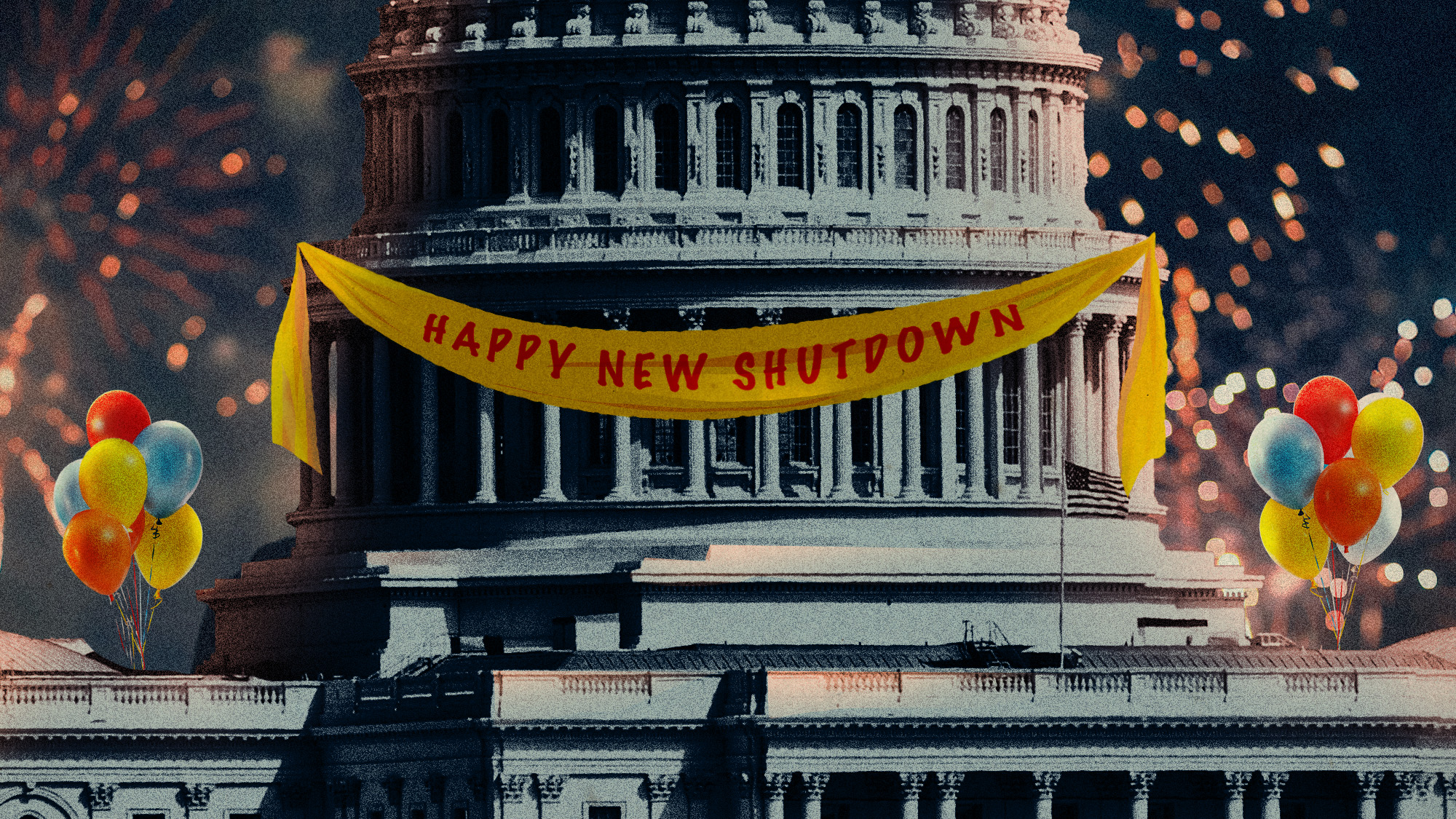 Will the new year bring a new shutdown?
Will the new year bring a new shutdown?Today’s Big Question A January deadline could bring the pain all over again
-
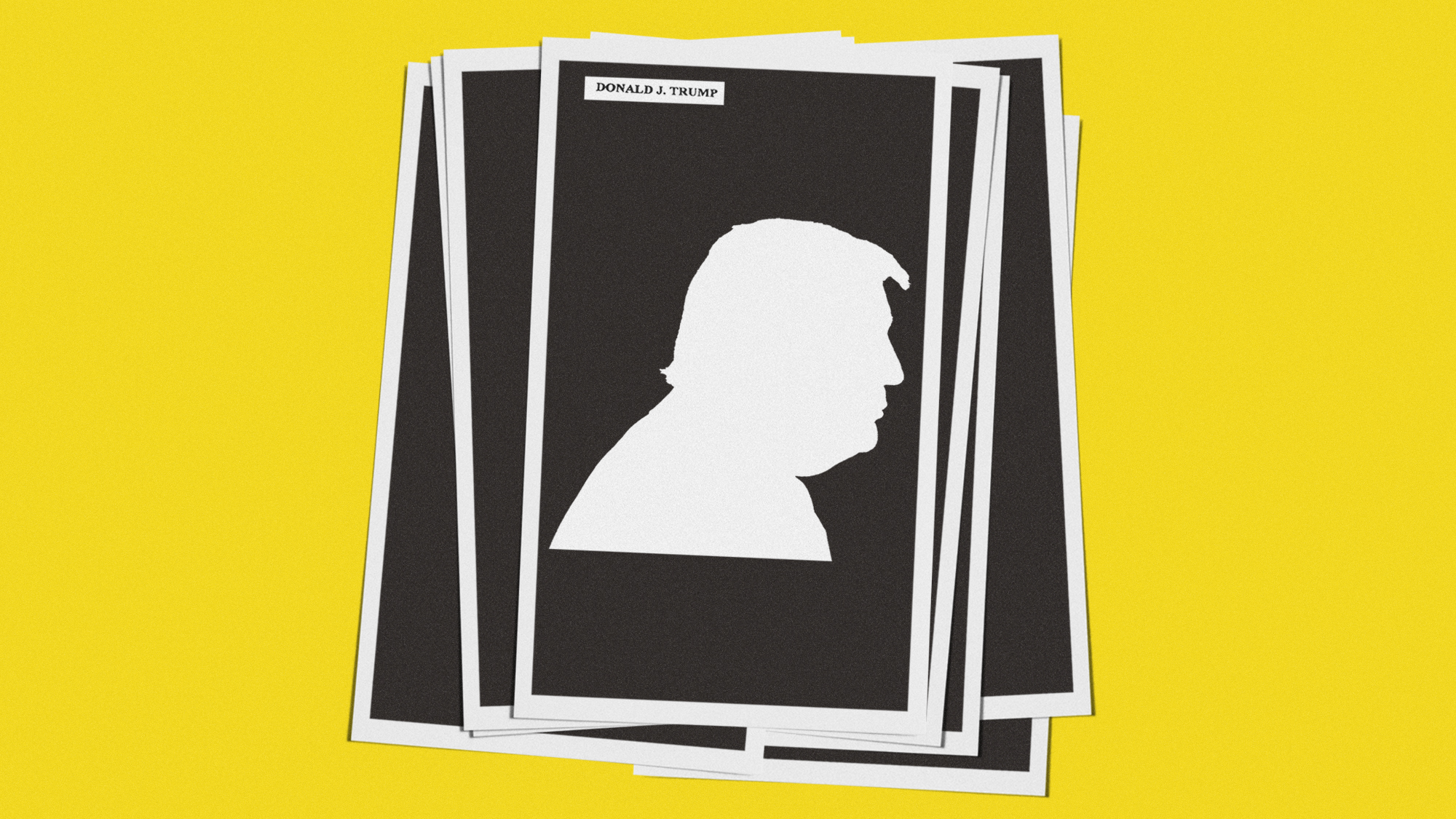 Is Trump deliberately redacting Epstein files to shield himself?
Is Trump deliberately redacting Epstein files to shield himself?Today’s Big Question Removal of image from publicly released documents prompts accusations of political interference by justice department
-
 Could Trump run for a third term?
Could Trump run for a third term?The Explainer Constitutional amendment limits US presidents to two terms, but Trump diehards claim there is a loophole
-
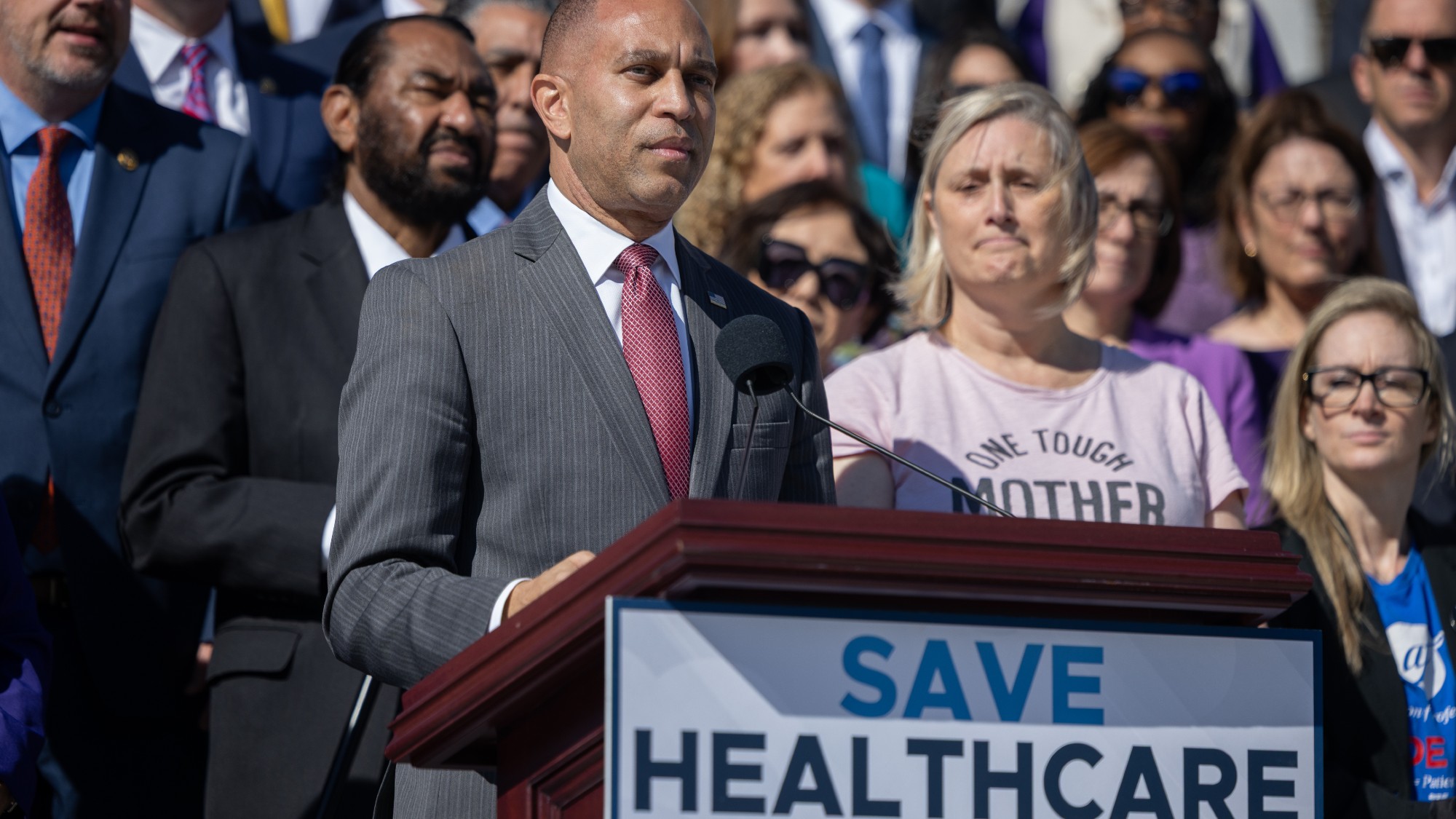 Obamacare: Why premiums are rocketing
Obamacare: Why premiums are rocketingFeature The rise is largely due to the Dec. 31 expiration of pandemic-era ‘enhanced’ premium subsidies, which are at the heart of the government shutdown
-
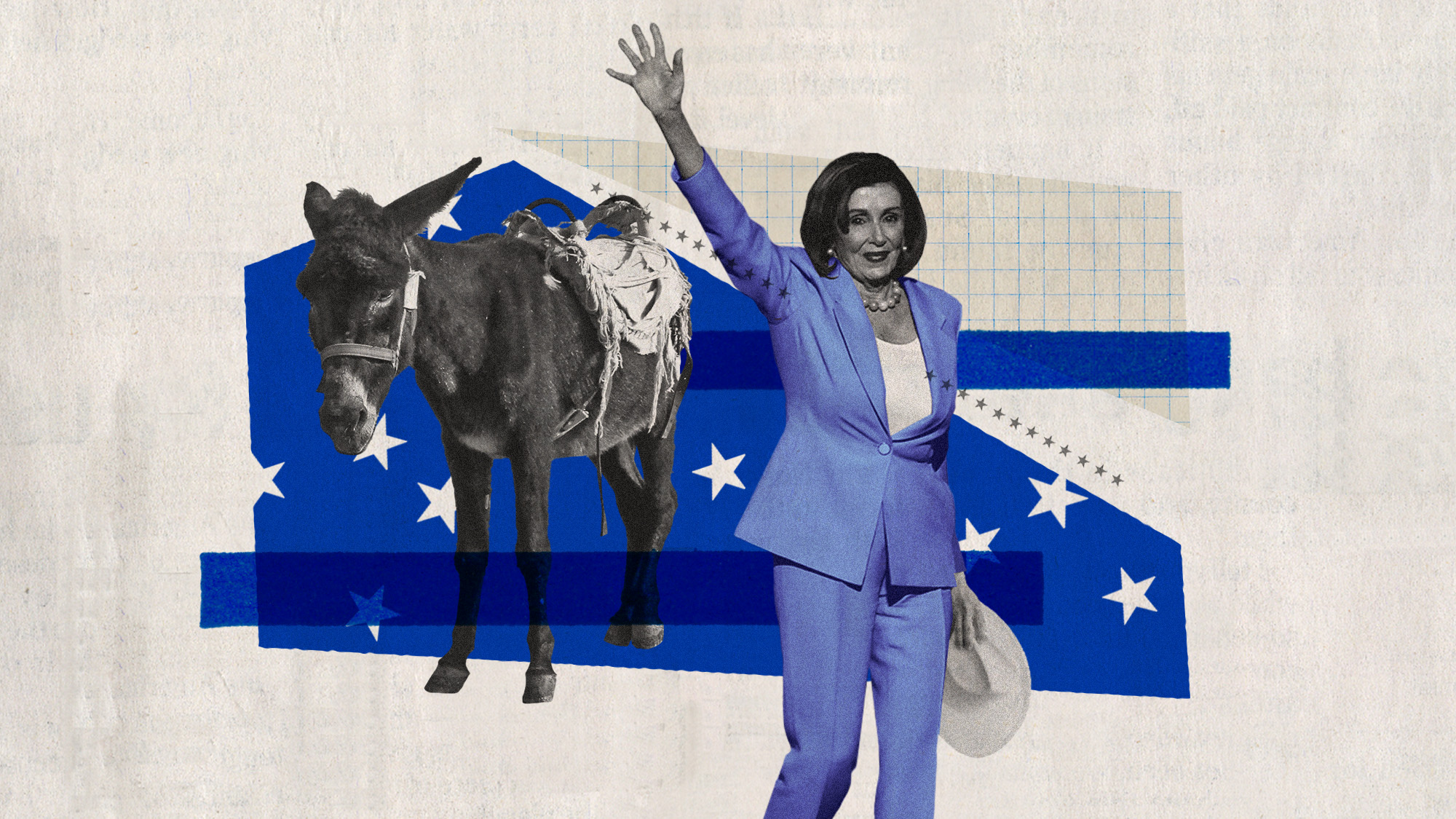 What happens to a Democratic Party without Nancy Pelosi?
What happens to a Democratic Party without Nancy Pelosi?TODAY'S BIG QUESTION The storied former speaker of the House is set to retire, leaving congressional Democrats a complicated legacy and an uncertain future
-
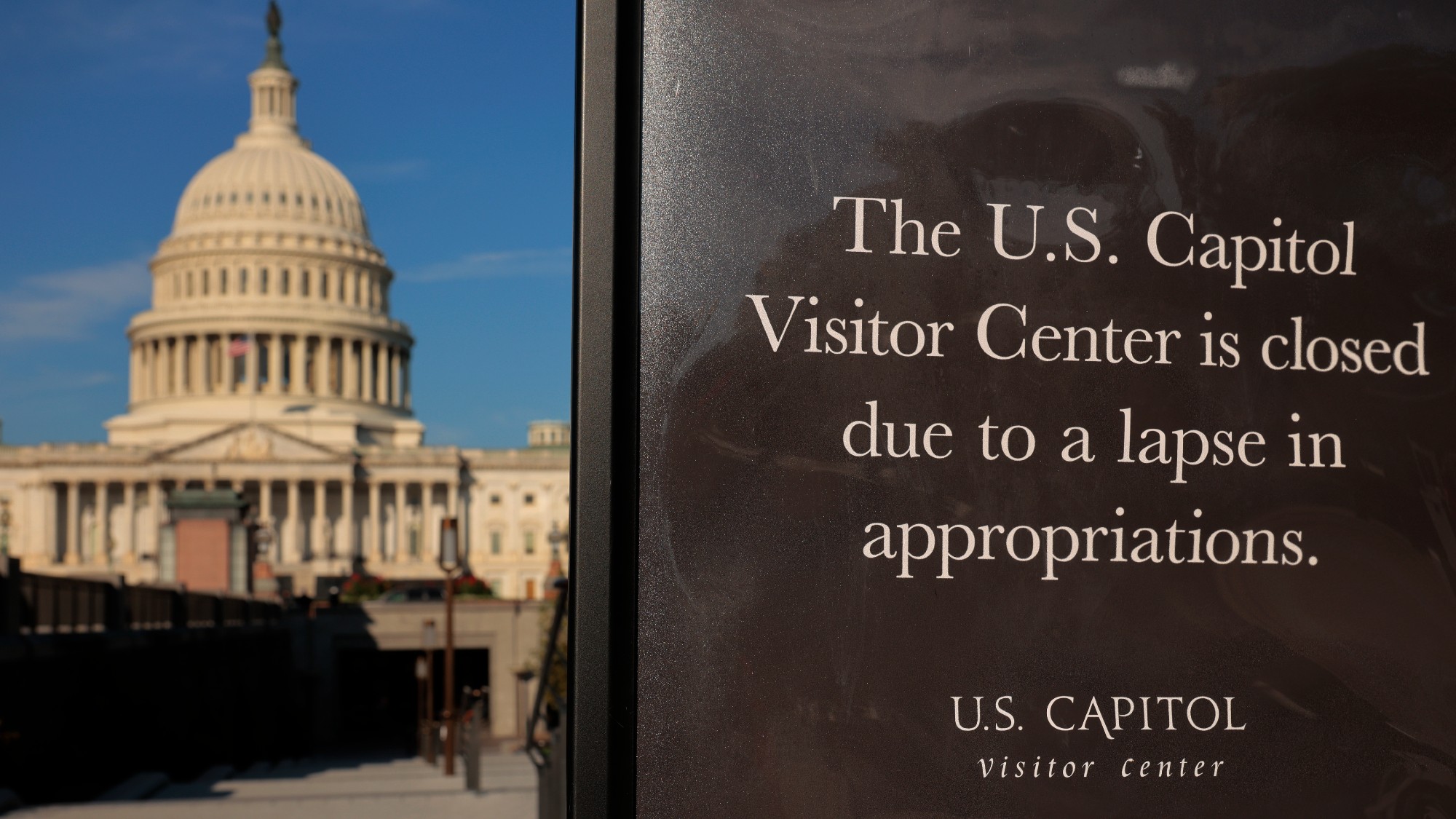 The longest US government shutdown in history
The longest US government shutdown in historyThe Explainer Federal employees and low-income households have been particularly affected by ‘partisan standoffs’ in Washington
